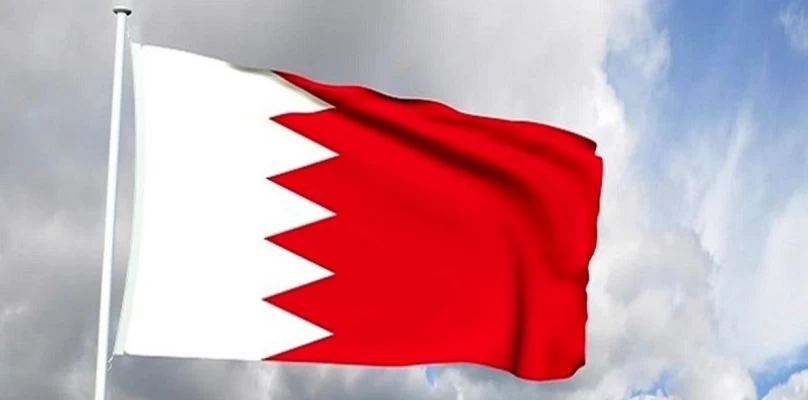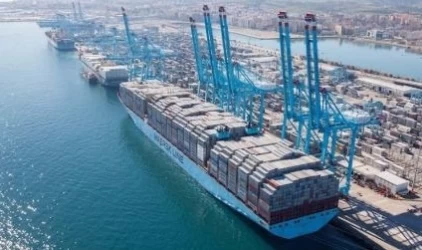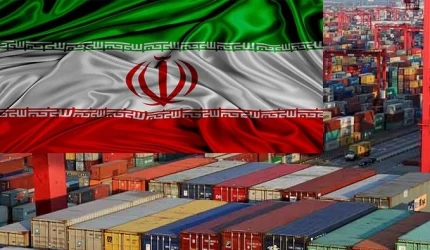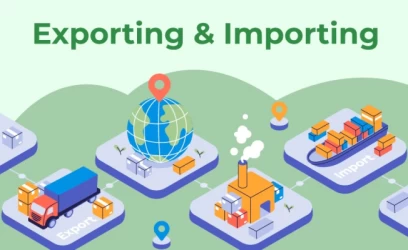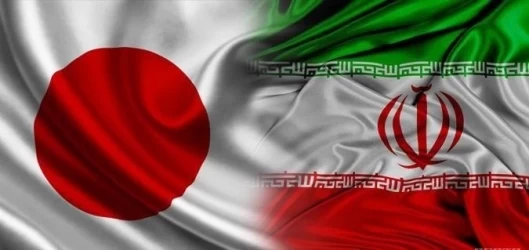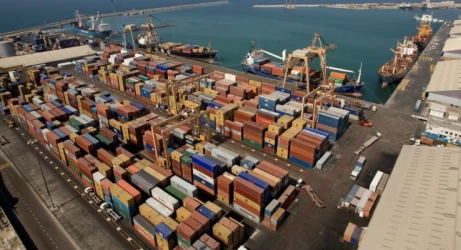Guide to trade with Bahrain, sea freight
Bahrain, a small island nation located in the heart of the Persian Gulf, holds a strategic position in the Middle East. Over the past few decades, Bahrain has emerged as a key player in regional trade and a hub for maritime transportation. Its advanced infrastructure, open economy, and attractive investment policies make it an ideal partner for international trade. This guide will provide a comprehensive overview of trade with Bahrain, focusing on the benefits, key sectors, and maritime transportation as the primary mode of goods shipment.
Bahrain’s Economy Overview
Bahrain has one of the most diversified economies in the Gulf Cooperation Council (GCC). While the country is still reliant on oil and gas, it has made significant strides in developing non-oil sectors such as finance, manufacturing, logistics, and tourism. The country’s favorable tax policies, free trade agreements, and investment-friendly laws have attracted many multinational companies to set up operations in Bahrain.
Bahrain's financial services sector, one of the most developed in the region, plays a crucial role in supporting trade and business. The country is also positioning itself as a fintech hub, with modern financial services bolstering the ease of doing business, including trade finance and logistics management.
Key Trade Partners
Bahrain’s trade network is extensive, with major trading partners including neighboring GCC countries such as Saudi Arabia and the UAE, as well as countries in Asia, Europe, and the Americas. Its proximity to Saudi Arabia and the causeway that connects the two nations facilitates easy land-based trade. Bahrain's membership in various international organizations, including the World Trade Organization (WTO), ensures that it adheres to global trade standards, making it an appealing trade partner.
Bilateral Trade Between Bahrain and Iran
Bahrain and Iran, being close geographical neighbors, have long shared economic ties. Despite political fluctuations, there remains potential for strong bilateral trade, especially in sectors like petrochemicals, construction materials, and consumer goods. Iran can leverage Bahrain’s strategic position and advanced port infrastructure to gain access to other markets in the region. Given its established maritime infrastructure, Bahrain can serve as a transit hub for Iranian exports to the broader GCC region and beyond.
Benefits of Trading with Bahrain
- Strategic Location: Bahrain is located at the center of the Gulf, providing easy access to markets in Saudi Arabia, the UAE, Qatar, and Kuwait.
- Modern Infrastructure: Bahrain boasts advanced infrastructure, particularly in logistics and maritime transportation. The Khalifa Bin Salman Port, with its modern facilities, serves as a vital node for goods entering and leaving the region.
- Tax Advantages: Bahrain has no corporate or personal income tax, and it offers various investment incentives, particularly in free zones. This makes it an attractive destination for businesses looking to minimize tax liabilities while expanding their regional presence.
- Skilled Workforce: Bahrain has a well-educated and skilled labor force, with many local professionals trained in key sectors such as finance, logistics, and manufacturing.
- Ease of Doing Business: Bahrain ranks highly in terms of ease of doing business, thanks to transparent regulatory systems, supportive government policies, and an efficient legal framework.
Key Sectors for Trade with Bahrain
- Oil and Gas: Despite diversification efforts, Bahrain remains heavily reliant on oil and gas exports. The country has been working on enhancing its oil production capacity and expanding its downstream industries.
- Finance: Bahrain’s well-established banking sector is a critical enabler of international trade, providing necessary services like trade financing, foreign exchange, and investment banking.
- Manufacturing: Bahrain has developed its manufacturing sector, focusing on aluminum, petrochemicals, and food processing. Its aluminum industry, in particular, is one of the largest in the world.
- Logistics and Transport: Bahrain's geographical location and advanced transportation infrastructure make it a crucial logistics hub in the region. This includes both maritime and air transport facilities, with a growing number of logistics companies establishing bases in Bahrain.
- Tourism: Bahrain has been investing in its tourism industry, focusing on luxury resorts, cultural heritage, and events such as the Formula 1 Bahrain Grand Prix, which attracts visitors and boosts retail trade.
Maritime Transportation to Bahrain
1. Overview of Maritime Transport
Maritime transport is the backbone of global trade, and Bahrain is no exception. Given the country's strategic location and the importance of the Khalifa Bin Salman Port, maritime transportation serves as the most efficient and cost-effective method for shipping goods to and from Bahrain.
The Khalifa Bin Salman Port is Bahrain's primary commercial port, equipped with modern facilities for container handling, bulk cargo, and roll-on/roll-off (RoRo) operations. The port connects Bahrain to major international shipping routes, making it an essential node for global and regional trade.
2. Advantages of Maritime Transport
- Cost-Effectiveness: Compared to air transport, maritime shipping is much more cost-effective, especially for large, heavy, or bulky goods such as machinery, vehicles, and industrial supplies.
- High Capacity: Shipping by sea allows for the transportation of large quantities of goods in one voyage, reducing overall shipping costs and enabling economies of scale.
- Access to Global Markets: Through maritime routes, Bahrain has access to all major global markets, including Europe, Asia, and the Americas. Its port serves as a gateway for goods entering the GCC region.
3. Key Maritime Routes
Bahrain’s strategic location allows it to connect easily to major maritime routes. The Persian Gulf connects to the Indian Ocean via the Strait of Hormuz, facilitating access to European and Asian markets. Shipping routes from Bahrain also connect to the Suez Canal, providing a direct link to Europe.
4. Import/Export Procedures in Bahrain
Before engaging in maritime trade with Bahrain, businesses must be aware of the necessary import and export procedures. These include:
- Customs Regulations: Bahrain's customs department enforces regulations that apply to all goods entering or leaving the country. It's essential to understand the customs documentation and clearance processes to avoid delays.
- Tariffs and Duties: While Bahrain offers duty exemptions in free zones, businesses must be aware of the applicable tariffs and duties for goods entering the country.
- Shipping Documentation: Proper shipping documentation, including the bill of lading, commercial invoices, and certificates of origin, are crucial for smooth customs clearance.
5. Shipping Companies Operating in Bahrain
Numerous international shipping companies operate in Bahrain, offering containerized shipping, bulk cargo, and specialized transport services. Some of the major shipping companies include Maersk Line, MSC (Mediterranean Shipping Company), and CMA CGM. These companies provide regular services to and from Bahrain, connecting it to key global ports.
Challenges in Trading with Bahrain
- Competition: As a regional trade hub, Bahrain faces intense competition from neighboring countries like the UAE and Saudi Arabia, particularly in the logistics and financial sectors.
- Fluctuations in Oil Prices: Bahrain's economy is still heavily tied to oil and gas, and fluctuations in global oil prices can have a significant impact on the overall economic environment, affecting trade volumes.
- Compliance with Local Regulations: Navigating the local business regulations and customs procedures can be complex, particularly for foreign businesses unfamiliar with the region. Ensuring compliance with local laws is essential to avoid delays or penalties.
Conclusion
Bahrain is a strategic hub for trade in the Middle East, offering a range of opportunities for businesses seeking to expand their operations in the region. Its advanced port infrastructure, favorable tax environment, and well-developed financial sector make it an attractive destination for international trade. For businesses looking to export or import goods, maritime transportation remains the most cost-effective and efficient option.
If you have any specific questions or need further assistance, feel free to ask!

